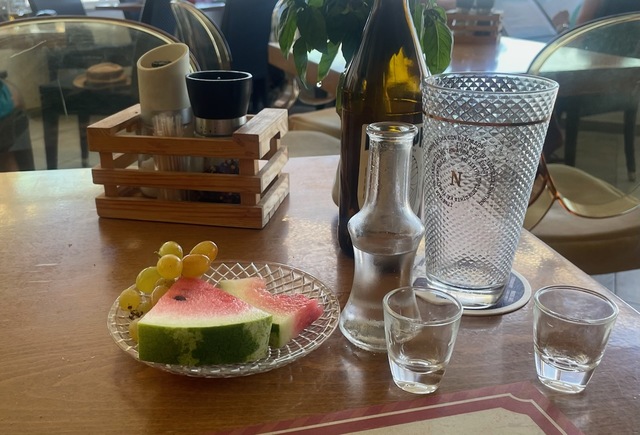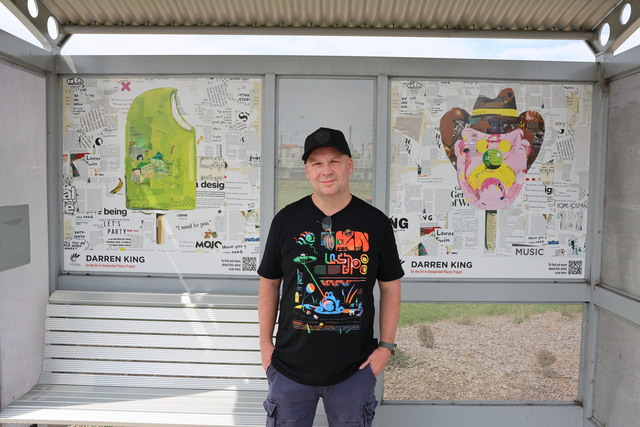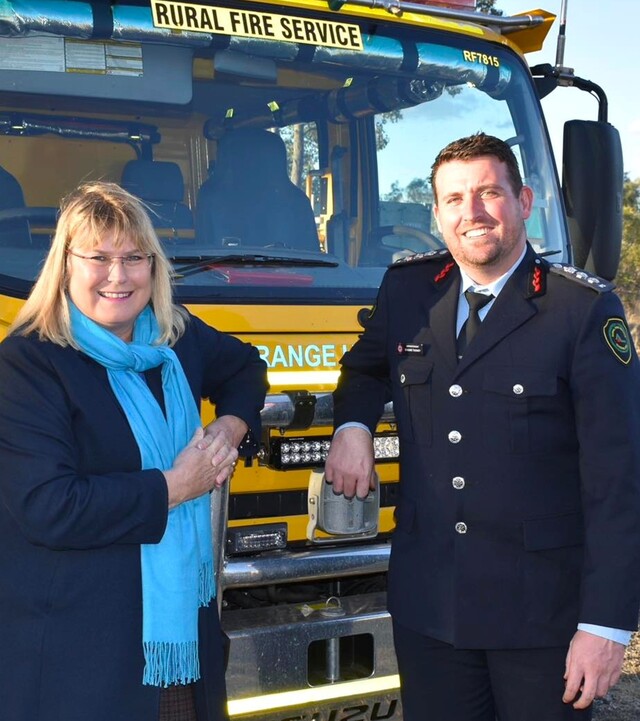Gunnedah Shire Council has supported the recommendations of the Natural Resources Commission’s Draft Report into the Active and Adaptive Cypress Management in the Brigalow and Nandewar State Conservation Areas following a recent Council meeting.
Following Council’s consideration of the Mayoral Minute, Mayor Owen Hasler emphasised the significance of the Gunnedah communities’ involvement in preparing submissions in support of the recommendations.
“It is essential that as many interested people as possible write in support of the six recommendations of the draft report.
“There is likely to be considerable organised opposition by Green groups determined to ‘lock-up’ the whole Brigalow Bio region despite considerable evidence which suggests that it is being further degraded by lack of active management of the areas.
“We continue to risk losing the things we value, such as threatened species, with the current ‘business-as-usual’ approach.”
The draft report makes the following key recommendations:
Implement active management such as ecological thinning and targeted grazing in combination with controlled burning and pest control in the State Conservation Areas, to maintain and improve environmental outcomes.
Where appropriate, seek cost recovery and cost sharing opportunities to offset management costs and deliver benefits to local industries and communities.
Develop and implement an adaptive management plan for the State Conservation Areas and make the plan a requirement under legislation.
Review governance arrangements in the State Conservation Areas to reduce duplication and develop better cross-tenure collaboration between land managers in the Brigalow and Nandewar region.
“What needs to happen is a pro-actively managed approach including ecological thinning with the residue products, which is the logged timber, made available commercially in order to recover the costs of the environmental management,” said Mayor Hasler.
“Such changes in the management of the Conservation Areas will allow local timber mills to maintain sustainable commercial operation while the priority is the improved environmental and ecological outcome for these important community assets, a “win-win” for the local communities and the environment.”







